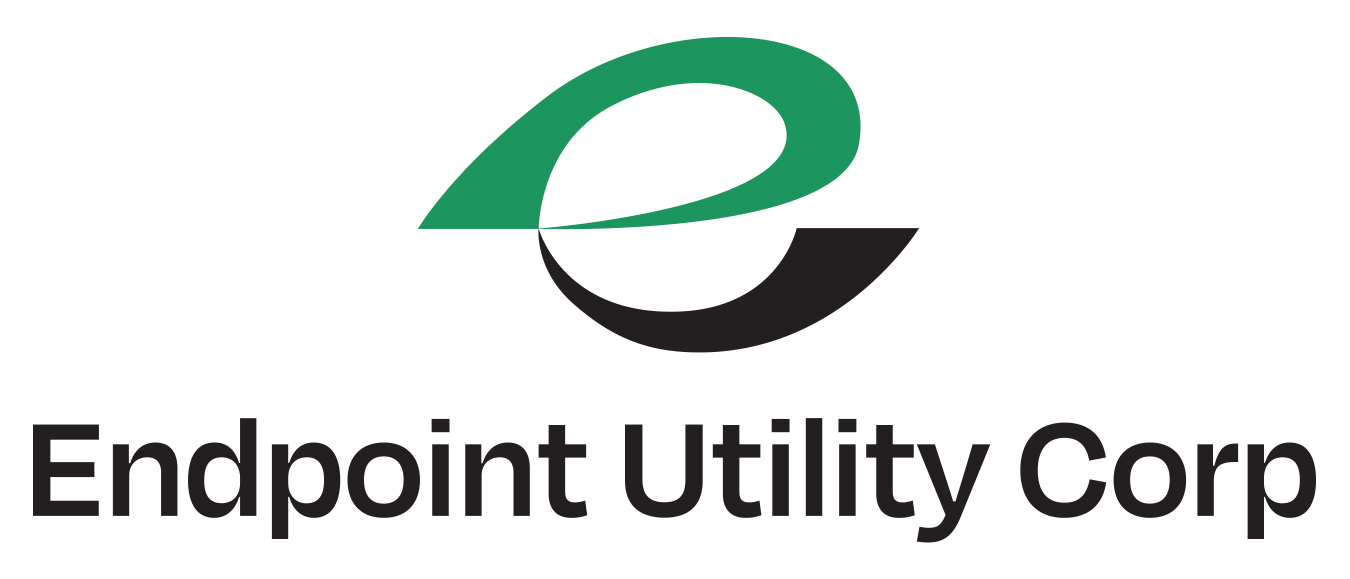Cybersecurity Danger Zone: Personal Email & Texting for Small Business
While it might seem low risk to share a quick screenshot of a potential customer’s information via text or utilize your non-corporate email (Hotmail, Yahoo, or Gmail) for business uses – these can open huge holes in your IT security.
The pace of small business is fast. Growing and accelerating a business may mean that an organization has not had the bandwidth or in-house resources to update to corporate IT tools (company-owned email, for instance). But whether you are a small business that is just getting started, or an established organization that is in the middle of accelerated growth, considering how and where you are collecting and sharing data is critical to keeping you and your customers safe from cybersecurity attacks and threats.
Small businesses are targeted with cyberattacks far more frequently than large corporations, with 61% of all SMBs being victims of a cyberattack in the last year. (BlackFog)
► 43% of cybersecurity attacks target small businesses. (Accenture)
► 95% of cybersecurity incidents at SMBs cost between $826 and $653,587. (Verizon)
The good news is, there are steps you can take to ensure your business is more secure. And corporate IT tools will not slow you down – in fact, they can increase productivity and improve collaboration. Ensuring you have the right tools and monitoring in place for secure communication and collaboration is paramount to business continuity.
1.) Secure Email – Not only will using company owned email help with brand recognition, but you can also ensure that all email activity is taking place from only company specified resources i.e. Microsoft 365, Google Workspace, and other 3rd party tools by using SPF, DKIM, and DMARC DNS records. You also gain the ability to allow and disallow access to these resources at will, whereas a public domain like @gmail.com can be recreated at will and put in any sort of sender name.
2.) Secure Collaboration – Similar to secure email, if all your documents and collaboration tools are utilizing a central monitored, audited, and secured tool, you can get better insight into where and how your information is being accessed and shared. You will gain better granularity into allowing access to work tools from specific machines or places (physical and digital).
3.) Secure Networks & Utilizing Firewalls - Utilizing a firewall for a business is essential for safeguarding sensitive data and preventing unauthorized access to internal networks. By implementing a firewall, businesses can establish a barrier between their internal network and external threats, such as hackers and malware. This proactive security measure not only protects valuable information but also ensures uninterrupted business operations.
In conclusion, the allure of convenience often tempts small businesses to tread the treacherous path of using non-corporate IT tools—personal email accounts, unverified software, and casual texting. Yet, beneath this seemingly innocuous surface lies a minefield of risks. The lesson is clear: safeguard your business by steering clear of these digital quicksands. Choose security over shortcuts, because when it comes to cybersecurity, safeguarding daily interactions really matters.
Endpoint Utility Corp (EUC) delivers fully managed IT, cybersecurity, and support for small business. We implement, manage, and monitor email, collaboration tools, firewalls, and networks for our customers to ensure key endpoint and cybersecurity basics are being executed proactively, and exceptionally well. Across our customer base, we prevent 20k+ malware attacks and 3k+ network attacks on average, every day. Learn more about our solutions here.
